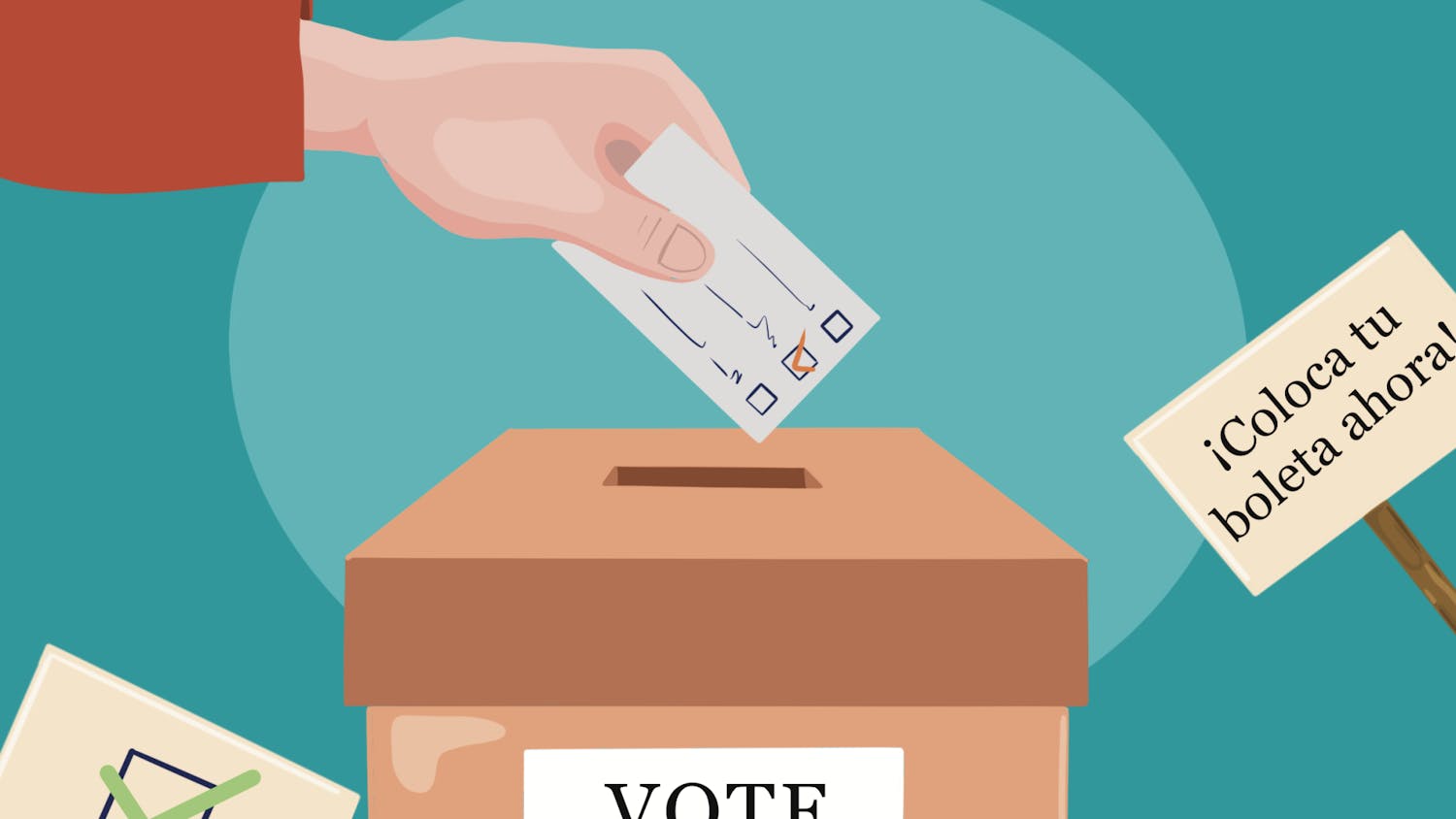Wednesday, we ran a double-feature in which two of our writers investigated the enrollment trends among two minority communities at UF. Earlier stories published elsewhere reported a dramatic decline in black enrollment at the university; however, they were misled by incomparable data, caused by changes in UF’s demographic self-reporting questionnaire.
What we found showed less intense declines in black enrollment than previously reported, though a decline was there. The numbers also showed a steady increase in UF’s Hispanic enrollment — but the more important story here doesn’t have to do with statistics. Numbers can say some things, but their ability to do so is limited. Enrollment numbers reflect the experiences of these communities in the U.S. at large and in UF’s culture. The more significant issues surround the people these numbers represent, their stories and their experiences.
Until the self-reporting questionnaire changed, black enrollment actually climbed independently of affirmative action when then-Gov. Jeb Bush abolished the policy 16 years ago. But the myth of affirmative action still colors people’s perceptions.
This, along with the persistence of casual racism, works to rob the achievements of black students who are where they are entirely due to their own merit and effort. Stereotypes of laziness abetted by government handouts are joked about or even seriously believed.
This creates an idea that black students exist here solely to fill some sort of quota, taking up space that should go to more deserving — read: white — applicants. It’s utterly demeaning and, clearly, false. This mindset only adds to the struggle black UF students have to face in their everyday lives. Not even their own hard-earned achievements are believed to belong to them.
Hispanics are affected in different ways. For one, simply naming the group is a challenge because some Hispanic/Latino individuals tend to identify with their countries of origin. Grouping them into a not-easily-defined category disregards the individual backgrounds.
Often the pressure to assimilate leads some to abandon their original identities.
We understand these groupings are necessary for statistical purposes, but categorizing any group of people disregards the individual experiences, and that’s important to keep in mind.
The best way to make positive change is to recognize that these individual stories make up the collective struggles and triumphs of these groups.
That involves listening, acknowledging and validating those struggles and triumphs, regardless of whether they fit the preconceived notions developed by cultural stereotypes.
[A version of this story ran on page 6 on 3/19/2015]




